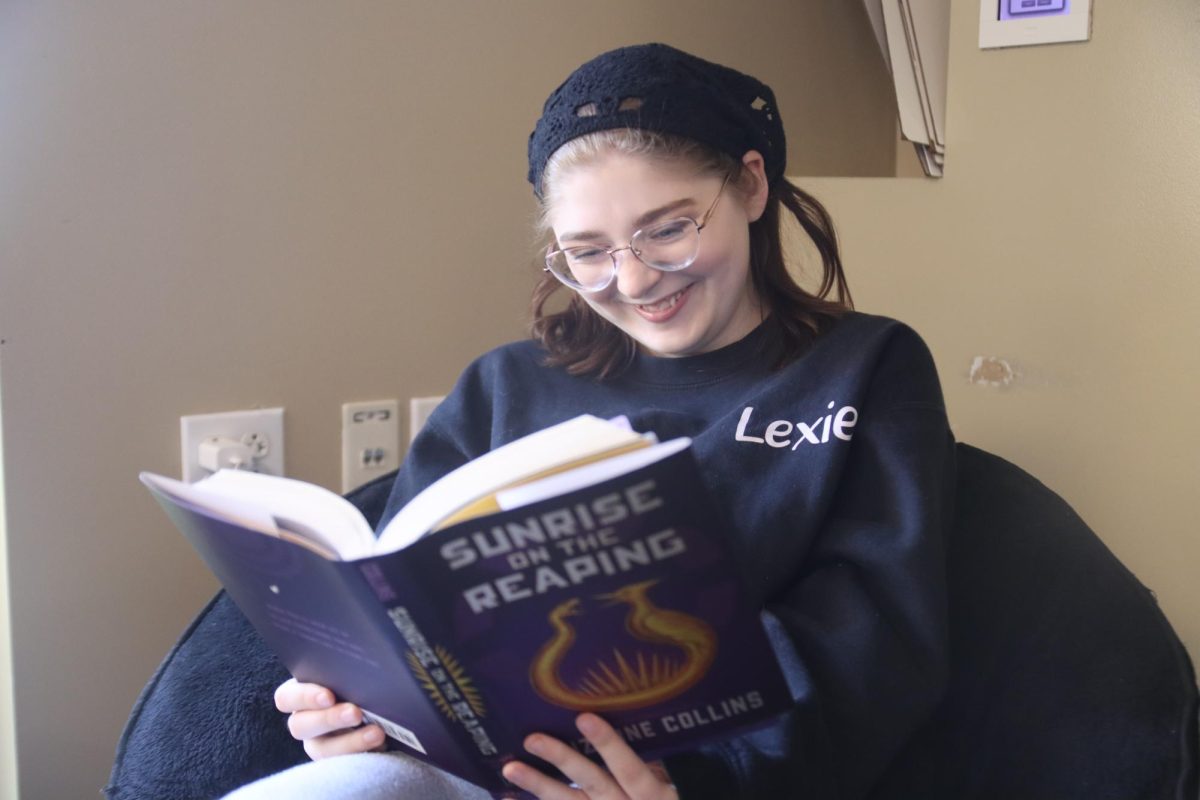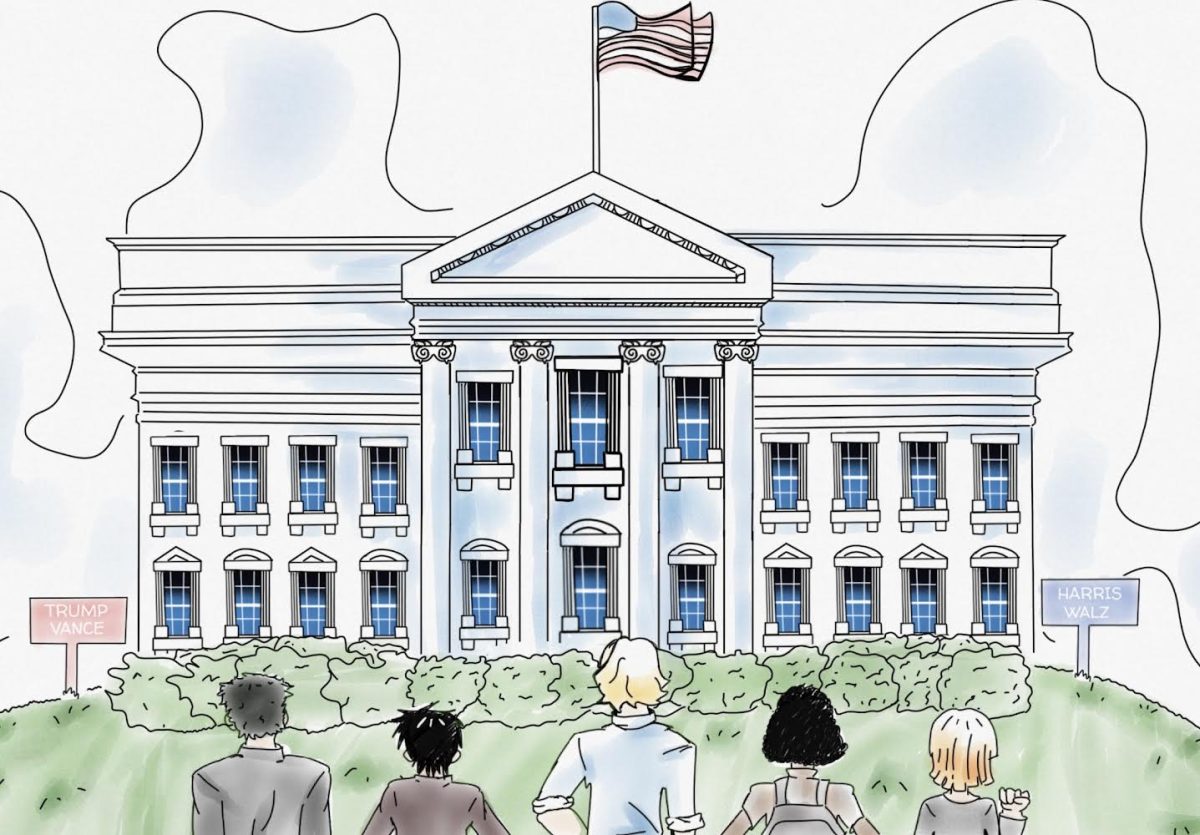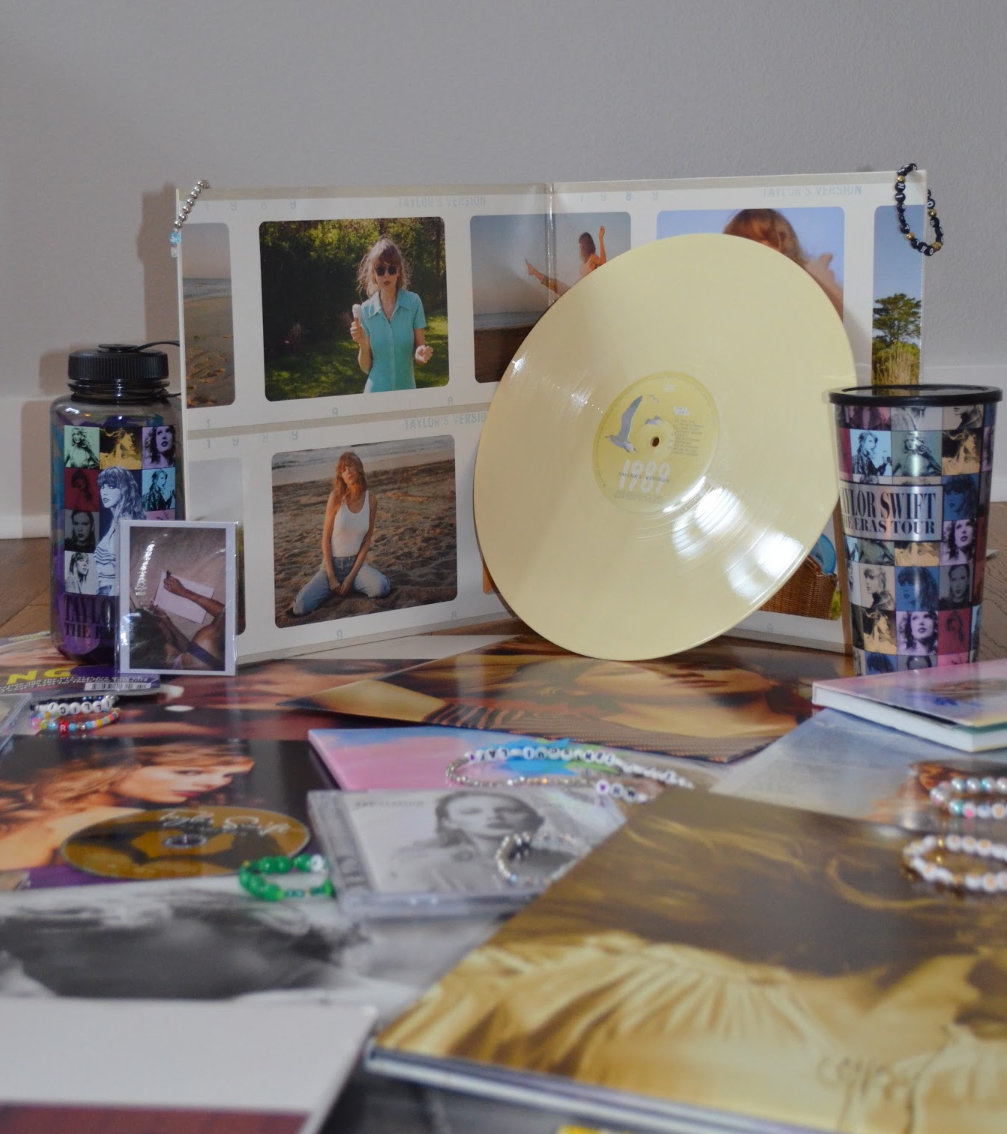“Keep your head down. Don’t make eye contact. Always say yes sir, no sir, yes ma’am, no ma’am. Even if you didn’t do anything wrong, apologize. Avoid fights at all cost. And don’t stay out too late.”
Kids grow up being taught how to ride a bike, tie their shoes and what is okay and isn’t okay to eat. But black kids, we learn how to survive.
What I consider a normal childhood, most people only see in movies or read in books. But this isn’t about me. Not my struggles or my achievements. Not my own personal story on how I “made it out of the hood.” This story is for those who don’t have a voice.
Growing up black is an experience. One full of unstated rules and special requirements. It’s a different kind of life, full of fear and disillusionment. Someone once asked, “Are schools in Arkansas still segregated?” Such a dumb question in the modern day and age.
Everyone is equal, given equal opportunity and a chance to succeed. That’s what we hear anyway. But if you’ve ever felt a fear of being the only black kid or the only kid that looks like you in class, then you know the truth. Equality, while beautiful, has yet to be obtained.
“Always remember, this system wasn’t built for people like us. You’ll always have to work a little harder, and be a little better. Sorry.”
The first thing you understand as a black kid is that your life might not have the same value. The media and police usually decide how the population perceives a victim or criminal by the descriptions. Look at the descriptors used for victim Michael Brown: an 18-year-old man who smoked weed and flashed gang signs in pictures. The descriptors used for the accused Darren Wilson: the model police officer.
“Don’t wear hoodies at night. “Pull up your pants and don’t play your music too loud. Wear your caps forward, and try not to wear bandana’s at school.”
The second thing you understand is that black culture is “frowned upon.” Rap music spits lyrics on alcohol, drugs and explicit sexual content so it’s called offensive crap. Country music spits lyrics on alcohol, drugs and explicit sexual content, but it’s middle America’s soul. You ever hear the songs “Creepin” by Eric Church or “Picture” by Kid Rock?
“If the police ask you to stop, then you stop. Even if you haven’t done anything wrong, you allow the officer to do what he has to do. Better you lose some time out of your day then end up in jail.”
The third thing you learn is that laws work against you. In 2011, a study was done in New York City on the stop and frisk law. The law states that law enforcement officers can stop and search you if they have a reason to believe that the detainee has committed or is about to commit a crime. In the first half of 2014, NYPD reports show that over 27,527 New Yorkers were stopped, and of that number, 82 percent were innocent. The highest numbers of people stopped were blacks at 53 percent. Since the law has been in existence from 2002 to 2014, African-Americans account for over half of the number of people stopped and frisked by law enforcement.
“Even though you’re not blood related, these are your brothers. If you’re ever in any trouble, call them. They have your back.”
The last thing you learn is to stick with your own. At the end of the day, all you have are the people who understand what it’s like to be you. And those are the people who have your back. People who will remember your name when you’re gone. Who will remember you not for your mistakes, but for the person you were. Besides, until these things are said, these lessons will remain truths.






